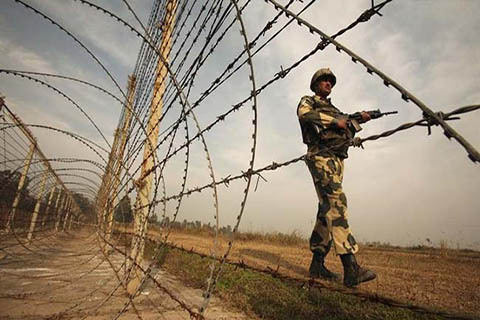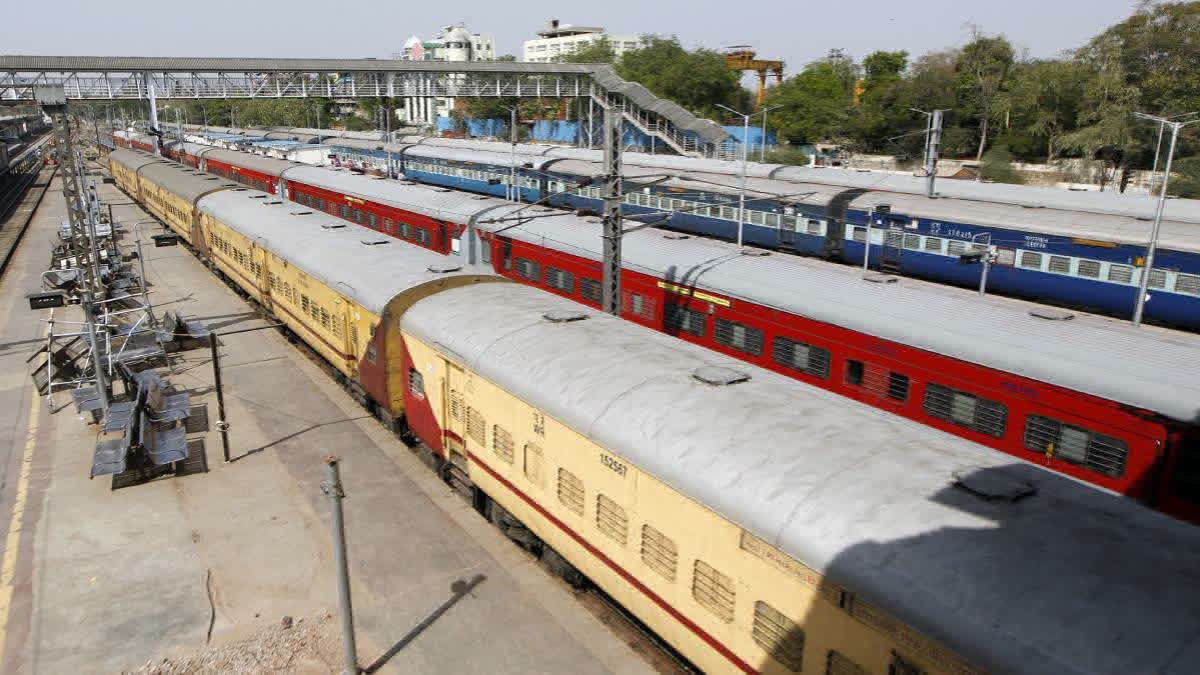South Korea‘s new President Yoon Suk-yeol has said structural sexism is “a thing of the past”. He is now attempting to abolish the government’s Gender Equality Ministry, which supports women and victims of sexual assault, claiming it is obsolete. Notably, he assumed power with the support of the country’s young men who claim that attempts to reduce inequality mean they have become victims of reverse discrimination.
In his first move after entering office, the President scrapped government gender quotas, declaring people would be hired on merit, not sex. He also appointed only three women to his 19-member cabinet.
More than 800 organisations have come together to protest against the closure of the Equality Ministry, arguing it could have a damaging impact on women’s lives. Women in South Korea are paid on average a third less than men leading to South Korea having the worst gender pay gap of any rich country in the world. Women hold just 5.8% of the executive positions in South Korea’s publicly listed companies as compared to men who dominate boardrooms. Women in the country are still expected to take on most of the housework and childcare.
Furthermore, online sexual assault and harassment are increasingly widespread. In 2021, 11,568 cases of digital sex crimes were reported, up 82% from the year before.
The ministry accounts for a meager 0.2% of the government’s budget but women say it has made a huge difference in their lives. Since it was established more than 20 years ago it has supported female victims of harassment and women who have been fired for getting pregnant and also helped them secure more generous child support payments for single mothers. Earlier in 2018, South Korea initiated Asia‘s first and most successful #MeToo movement. However, soon after its success a wave of anti-feminism coursed through the country. Young men raised the issue of being pushed down as they have to complete military service for two years.
Post Views: 57









